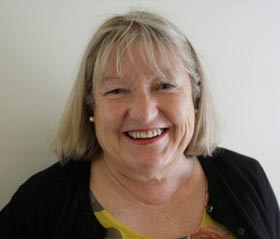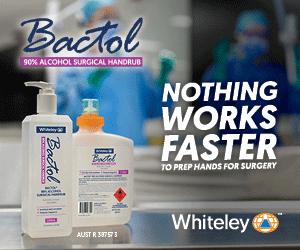Under the offer:
- Health-care assistants (HCAs) would get a $900 lump sum; and a pay scale introduced over two years which would increase HCA pay by 5.6 – 12.2 per cent.
- Registered nurses (RNs) on steps 2-4 would also get a $900 lump sum and $1200 flat-rate increase in May.
- Senior RNs would get just the $1200 flat-rate increase and no lump sum.
- Registered midwives (RMs) on grates 2-4 would get a $900 lump sum and a 1.25 per cent pay increase from May.
- Senior RMs would get just the 1.25 per cent increase from May and no lump sum.
- All midwives would get a $1200 flat rate increase from next May.

NZNO is proceeding straight to mediation after an initial member survey clearly suggested the offer would be rejected. NZNO lead advocate David Wait has said the offer was “divisive”, splitting the nursing and midwifery scales and disregarded the value of senior nurses.
DHB spokesman Dale Oliff said in a statement that the offer “did a lot to advance not just pay rates but many other matters including health and wellbeing, and supporting the nursing and midwifery workforce.
“Nurses and midwives are essential to the COVID-19 health response, keeping New Zealanders safe and helping the country focus on economic recovery.”
Oliff said the offer – the DHBs’ second – was “deliberately weighted” towards those at the lower end of the pay scale, with increases of up to 11 per cent to close the “growing gap” with those at the top. It also introduced training and development incentives.

The last round gave those at the top end pay rises of up to 16 per cent – an increase of up to $10,000 per annum for full-time-equivalents, and this could not be ignored, Oliff said. “For senior nurses and midwives there is an element of restraint that applies to all higher paid public servants, but the offer is reasonable in the context of other public and health sector settlements.”
The DHBs had responded to 35 of NZNO’s 63 claims, and included a wellbeing package and reaffirmed the commitment to safe staffing.
She urged NZNO members to remember that the wider question of valuing the work of nurses and midwives would be addressed through the pay equity process, Oliff said. That should be completed later this year, with any resulting increases backdated to December 2019.
However, DHBs were happy to go to mediation and have an “independent view”, Oliff said.
Wait has said the offer amounted to an “annualised increase of just 1.38 per cent” for most and failed to acknowledge the unsafe working conditions of nurses.
“So much is asked of our members, who step up and give their all to the point of exhaustion over and over. Meanwhile, their employers persistently fail to provide promised safe staffing levels.”




